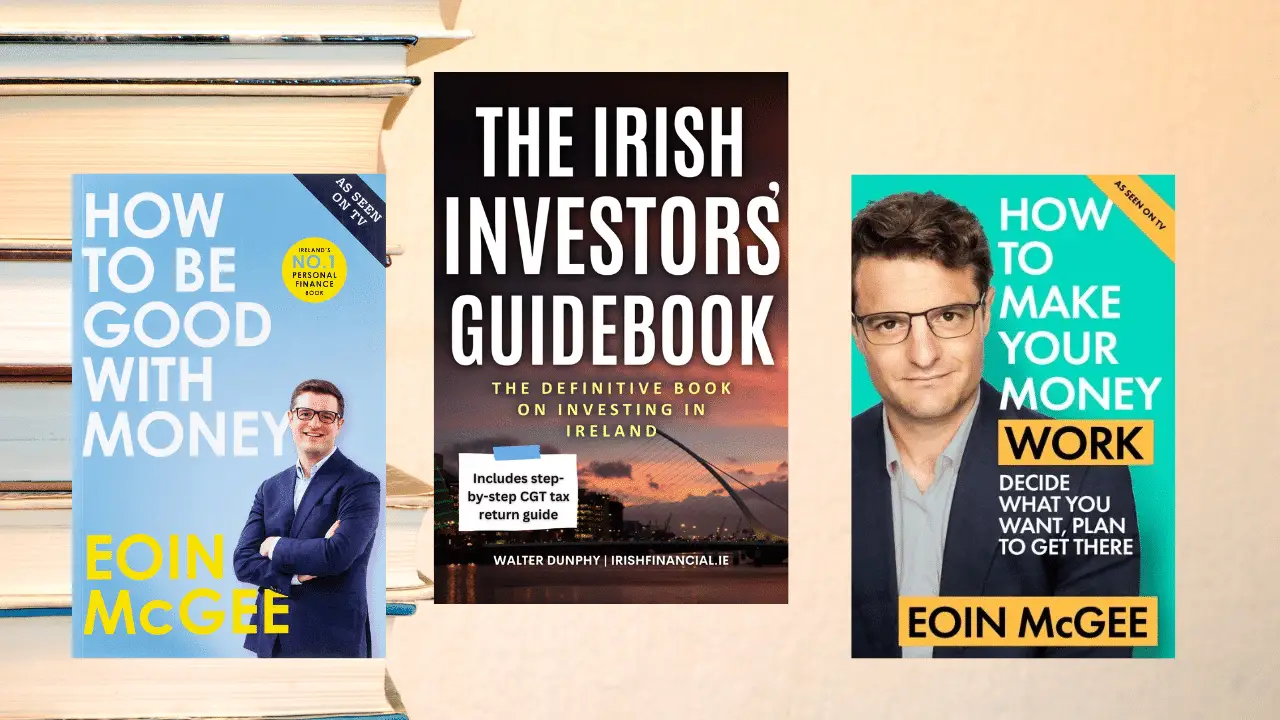Planning your retirement, sorting out life assurance and deciding where best to invest your surplus money can be a minefield. We often have to lean on the professional financial advisors for help, but are these advisors really rooting for you or trying to make a quick buck off you?
In this blog post, I will point out the different types of advisors and why they might not always have your best interests at heart. As well as this, how you can get the most out of your meeting with your financial advisor.
Know who you are talking to
Financial advisors come in all shapes and sizes. Based on the agreements they have signed with providers, Some advisors will only want to push you down the same route of going with the provider that will pay them a commission. Even if there are better financial products out there for you.
The CCPC have put together a nice table describing the different types of financial advisors; Multi-agency intermediaries, authorised advisors, tied agents and mixed status advisers.

Financial Advisors or Salesman in Disguise?
In a lot of cases, the financial advisor you are talking to is incentivised to sell you as many financial products as they possibly can. In fact, many financial advisors’ remuneration packages are hugely dependent on their sales numbers.
I went on Irishjobs.ie to find a position that illustrates this point perfectly. This role I have selected looks to have a base salary of €40k per annum, with the potential to make up to €70k or higher depending on sales commissions and bonuses earned.


You need to have this in the back of your mind when you are selecting a financial advisor as well as when you are being offered products are services by any advisor. You could be potentially led into signing up for a financial product by someone who does not have your best interests at heart.
Don’t be afraid to ask the tough questions.
– What is the relationship with the provider of these products?
– Do you earn a commission if I go with your advice?
It is pretty scandalous that you even have to worry about impartiality when you are talking to advisors that are regulated by the central bank, but this is the world we live in.
To make sure you are getting completely impartial advice, it is best to go with a ‘fair analysis adviser’ that will look at all available products on the market for pensions, life assurance, savings and investments.
How Much should a Financial advisor cost?
It can be difficult to part with money, but you do really get what you pay for. The more you spend on your session to get a quality financial advisor that will give you completely impartial advice could save you thousands and thousands over your life time.
The price you will pay for a financial advisor will hinge on your specific needs.
If you are just looking for advice solely on just one specific item then this will be at the lower end and if you need a full financial MOT then you will likely need more than one meeting and more ongoing support which increases the price.
One example we can have a look at for a guide price is Eoin McGee’s Prosperous Financial (you might know him off the telly).
A one off meeting for advice on a specific topic will cost €299. Whereas if you want to get a full financial plan tailormade for you this will set you back €2,500. It may sound like it is a little bit on the pricey side but you can be guaranteed you are not being sold anything and just getting good honest, impartial advice.
It may not feel like it at the time but spending that bit extra can save you a tonne of money down the line.
How to get the most value out of your meeting with your Financial Advisor/Planner
Getting value you get out of the session you have arranged with your financial advisor will depend on how much prep work you complete yourself – your advisor can only go on what information you give them so the more prepared you are the better and more valuable the experience.
A couple of items you should prepare before going into your meeting with your financial advisor:
- Analyse your monthly spend to see where the majority of your income goes as well as how much you are saving.
- Details of your pension scheme if any and how much you are contributing. When do you want to retire? Do you want to take a mini-retirement?
- Decide what are your most important financial goals – retiring early, buying a home, saving for a child’s education.
- Do you have income protection? If not is it something you should consider?
- Are you currently putting to work? Bring along a copy of your investment portfolio and its performance to date.
An advisor will be able to help you come up with a plan to help you get on the road to achieving your goals, but this will only be possible when you have spent time deciding what is most important to you.
Disclaimer: This blog post is for informational and educational purposes only and should not be construed as financial advice.






